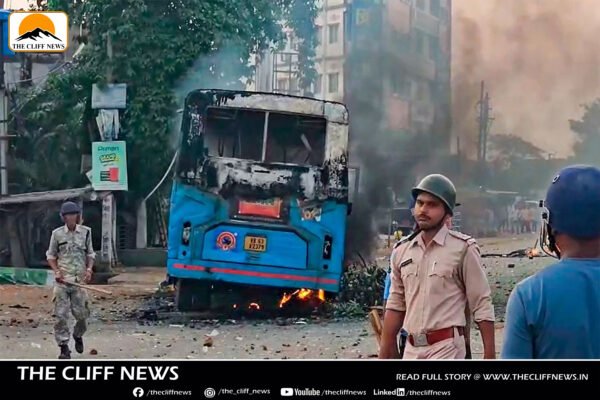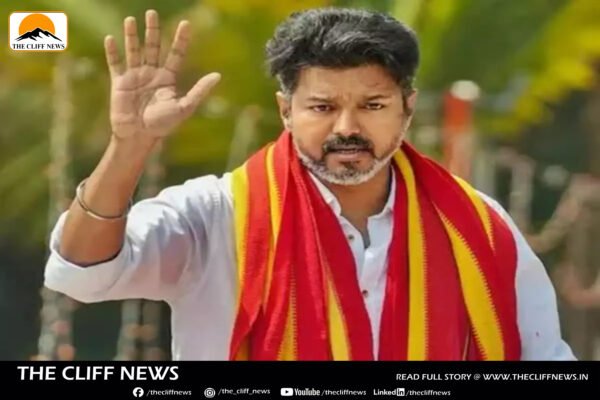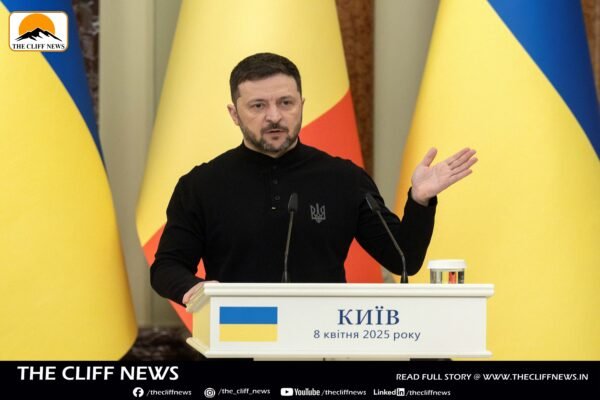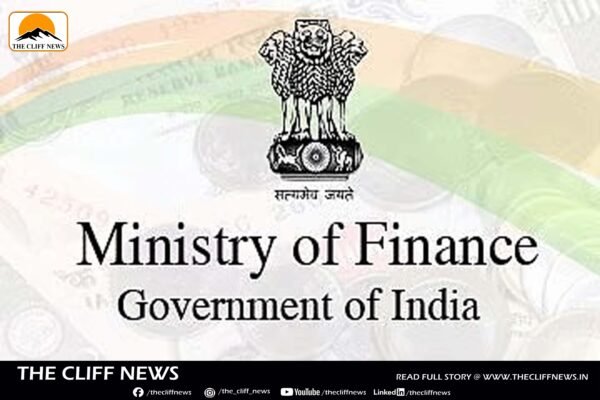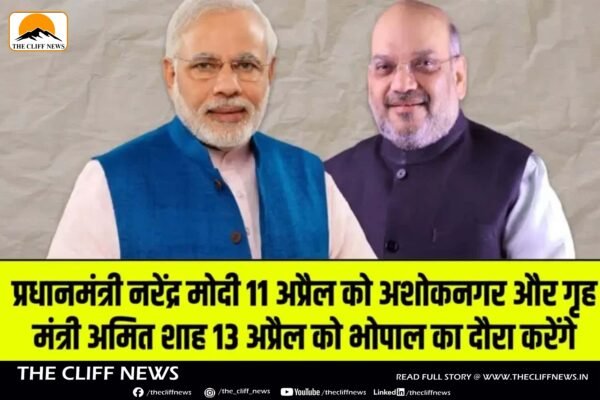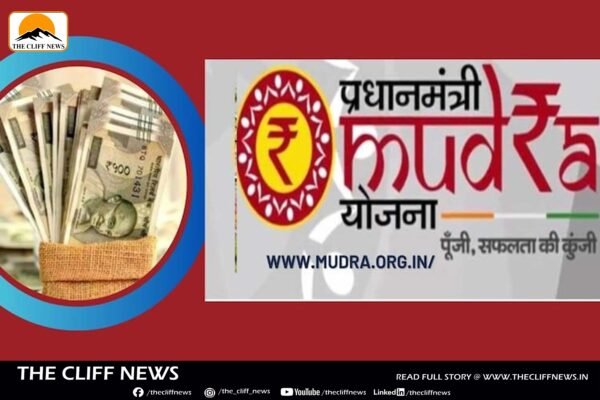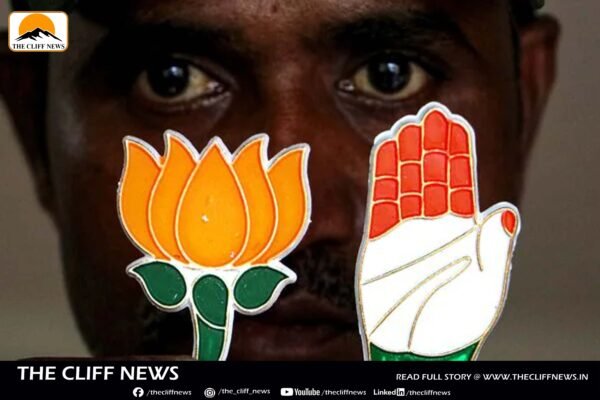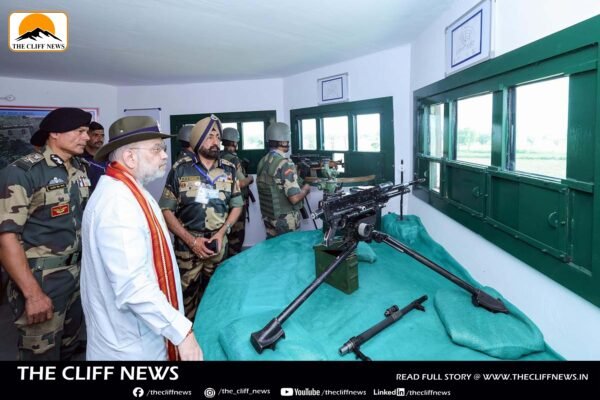Violence Erupts in Murshidabad Over Waqf (Amendment) Act: 110+ Arrested
Unrest broke out in the Muslim-dominated Murshidabad district of West Bengal following a demonstration against the newly enacted Waqf (Amendment) Act. Police confirmed on Saturday that over 110 individuals had been arrested in connection with the violence, which included the torching of vehicles, including police vans, the launching of projectiles at security personnel, and the barricading of roads. The disturbances spread across Malda, South 24 Parganas, and Hooghly districts as well. The Murshidabad district, where the violence was most severe, saw 70 arrests in Suti and 41 arrests in Samserganj. While the affected areas continued to experience tension, no major incidents occurred on Saturday morning. Authorities have imposed restrictive orders and suspended internet connectivity in the violence-affected regions to curb the spread of rumors and to maintain control. A police officer confirmed that patrols in Suti and Samserganj were ongoing and that gatherings were strictly prohibited to prevent any further disturbances. In addition, a teenage boy who was reportedly injured from police firing during the unrest in Suti has been transferred to a Kolkata hospital for treatment. The unrest mainly affected areas with large Muslim populations. The protests were sparked by the recently enacted Waqf (Amendment) Act, which has garnered controversy due to its impact on the management of Waqf properties. In response, Suvendu Adhikari, the Leader of the Opposition, strongly criticized the Mamata Banerjee government, accusing them of failing to manage the situation and calling it a pre-mediated act of violence. He referred to the unrest as an assault on democracy and claimed it was instigated by “Jihadist forces” aiming to spread chaos and fear. Adhikari demanded that authorities identify and bring legal action against those responsible for the violence, insisting that the perpetrators face severe penalties under the law. The authorities are currently working to restore order, with ongoing police operations across the region and a high alert in place to prevent any further unrest.
